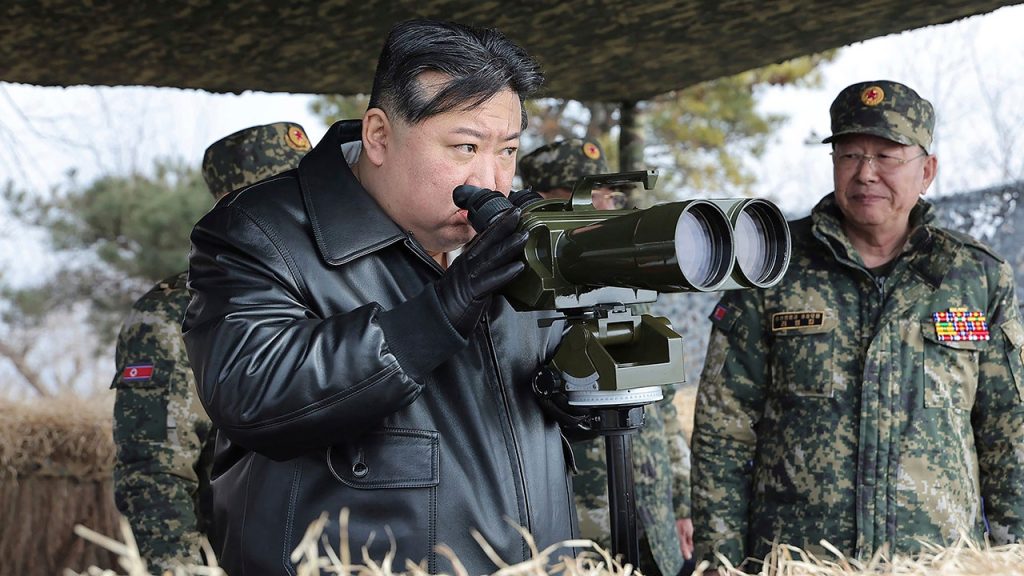North Korea recently launched suspected short-range ballistic missiles into the sea, prompting strong condemnation from South Korea and Japan. The missiles were launched near Pyongyang and flew approximately 185 miles before falling in the waters between the Korean Peninsula and Japan. The launches came amid speculation that North Korea could soon launch a banned satellite into orbit on the April 25 founding anniversary of the North’s military. South Korea’s Joint Chiefs of Staff condemned the launches as a clear provocation that threatens peace on the Korean Peninsula and stated readiness to retaliate against any provocations.
Neighboring Japan also confirmed the launch of at least one ballistic missile, which flew 155 miles at a maximum altitude of about 30 miles. Japan’s Chief Cabinet Secretary emphasized that the missile tests threaten the peace and safety of Japan, the region, and the international community. North Korea has been accelerating its weapons testing in recent months, completing a trifecta of missile tests including long-range, medium-range, and short-range flights. In addition to the recent missile launches, North Korea also tested a “super-large” cruise missile warhead and a new anti-aircraft missile last week, as well as a solid-fuel intermediate-range missile with hypersonic warhead capabilities in early April.
North Korea has a history of testing nuclear-capable missiles designed to strike sites in South Korea, Japan, and the mainland U.S. Some experts have speculated that North Korea could launch its second spy satellite on the April 25 founding anniversary of a predecessor of the North’s military. In response to North Korea’s nuclear threats, the United States and South Korea have been strengthening their bilateral military drills and trilateral exercises with Japan. The evolving military capabilities of North Korea, as demonstrated by its recent missile tests, pose a significant challenge to regional security and stability.
The launch of suspected short-range ballistic missiles by North Korea has raised concerns in South Korea and Japan, both of which strongly condemned the provocative acts. The South Korean Joint Chiefs of Staff expressed readiness to retaliate against any further provocations, while Japan’s Chief Cabinet Secretary emphasized the threats posed by North Korea’s missile tests to the peace and safety of the region and the international community. North Korea’s recent missile tests, including long-range, medium-range, and short-range flights, as well as other weapon tests, underscore the country’s effort to expand its arsenal and military capabilities.
The intensification of North Korea’s weapons testing activities has prompted heightened vigilance and military cooperation between the United States, South Korea, and Japan. Efforts to strengthen bilateral and trilateral military drills are part of a broader strategy to deter and counter North Korea’s evolving nuclear threats. In the face of continued provocations and missile tests by North Korea, regional security remains a top priority for the countries involved in the region. The escalating tensions on the Korean Peninsula and in the surrounding areas highlight the need for a coordinated and robust response to address the challenges posed by North Korea’s weapons development program.


